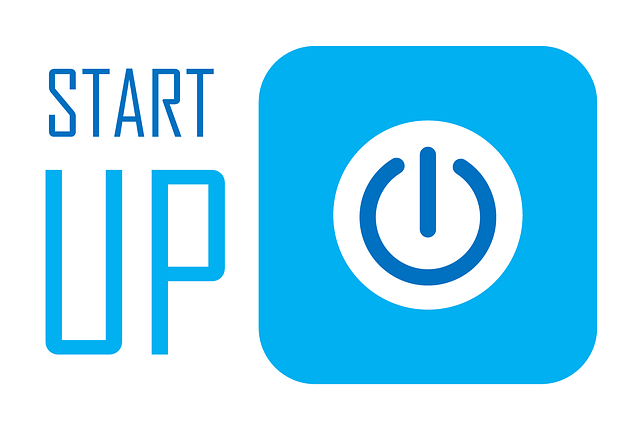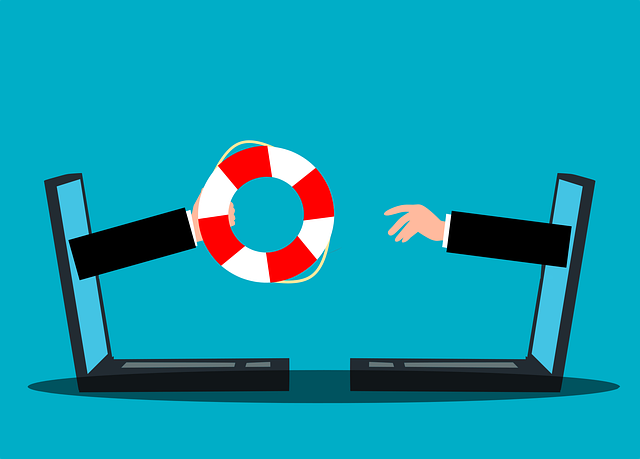Securing appropriate Business Insurance for Startups and Entrepreneurs requires understanding unique risks like cyber liability, health & safety standards, and business interruption. By identifying perils specific to your venture (e.g., inventory for e-commerce, specialized equipment), tailor coverage including general liability, property, professional liability, workers' comp, cyber, and business interruption insurance. This strategic move protects startups from financial losses and ensures compliance with legal requirements, enabling growth and innovation without hesitation.
Starting a business comes with unique risks. Understanding these is key to making informed decisions, especially when it comes to business insurance. This comprehensive guide explores essential coverage options tailored for startups and entrepreneurs, from general liability to cyber insurance. We break down various policy types, highlighting how each protects against specific hazards, ensuring your venture is shielded against potential losses. Discover the steps to tailor an effective insurance plan that aligns with your business needs in today’s competitive market.
Understanding Your Startup's Unique Risks

When it comes to business insurance for startups, understanding your unique risks is the first step in safeguarding your entrepreneurial venture. Every startup faces distinct challenges that can stem from their industry, location, and even the nature of their products or services. For instance, a tech startup may face cyber liability risks, while a food-based business must navigate health and safety standards. Identifying these specific perils allows entrepreneurs to tailor their insurance coverage accordingly, ensuring they’re not overpaying for unnecessary protections while also avoiding gaps in critical areas.
Business insurance for startups isn’t one-size-fits-all. Entrepreneurs should carefully assess potential risks, including property damage, liability claims, and business interruption. This involves evaluating your physical space (if applicable), understanding your legal obligations, and predicting possible scenarios that could disrupt operations. By thoroughly understanding these risks, entrepreneurs can select the right insurance policies—such as general liability, property coverage, or cyber insurance—to mitigate their specific startup challenges.
Types of Business Insurance Policies for Entrepreneurs

For entrepreneurs, selecting the right business insurance policy is a strategic move to safeguard their ventures from potential risks and financial losses. Business insurance for startups and entrepreneurs encompasses several specialized policies designed to protect against different hazards. Among these, general liability insurance is a cornerstone, shielding against claims of bodily injury or property damage on your premises. This type of coverage ensures that if your business accidentally causes harm to customers or damages their property, you’re financially secured.
Additionally, professional liability insurance (also known as errors and omissions insurance) is crucial for businesses offering professional services. It safeguards entrepreneurs from financial loss resulting from negligence or mistakes in their work, such as legal issues or damage to a client’s reputation. Other policies include property insurance to protect physical assets, workers’ compensation coverage to mitigate risks associated with employee injuries, and business interruption insurance to compensate for lost revenue during unforeseen events like natural disasters or pandemics.
General Liability Insurance: Protecting Against Common Hazards

General Liability Insurance is a crucial component of any startup or small business’s insurance portfolio, serving as a shield against potential risks and liabilities that can arise in day-to-day operations. This type of coverage is designed to protect entrepreneurs from financial loss due to claims of bodily injury, property damage, or personal and advertising injuries sustained by customers, clients, or third parties on your premises.
For instance, if a customer slips and falls at your retail store, leading to an injury claim, General Liability Insurance can help cover legal fees, medical expenses, and potential damages awarded. Similarly, if your business is held responsible for damage to a client’s property during a service or delivery, this insurance will step in to protect your financial interests. By investing in comprehensive Business Insurance for Startups and Entrepreneurs, you’re not just safeguarding your assets; you’re also demonstrating a commitment to risk management and the well-being of those interacting with your business.
Professional Liability (Errors & Omissions) Coverage

For startup and entrepreneur owners, professional liability (errors & omissions) coverage is an indispensable component of their business insurance plan. This type of coverage safeguards against potential claims arising from professional negligence or mistakes made in the course of providing services to clients. Whether it’s a misstatement in financial advice, an error in software development, or failure to meet contractual obligations, this coverage can help cover legal fees and damages awarded to affected parties.
Business Insurance for Startups and Entrepreneurs is not just about protecting against financial losses; it’s also about maintaining trust with clients and stakeholders. With professional liability coverage, entrepreneurs can focus on growth and innovation without the constant worry of facing costly lawsuits or settlements due to unforeseen mistakes. It’s a safety net that allows them to take calculated risks, push boundaries, and ultimately, thrive in their chosen fields.
Property Insurance: Securing Your Business Assets

For startup and entrepreneur owners, securing your business assets is a cornerstone of risk management. Property insurance plays a pivotal role in this regard by offering protection against physical damage or loss to your business property, including buildings, equipment, inventory, and other valuables. In today’s competitive landscape, where unexpected events like natural disasters, fires, theft, or vandalism can cripple even the most promising ventures, having robust property coverage is not just beneficial; it’s essential. This type of insurance provides financial peace of mind, ensuring you’re not left bearing the burden of significant repairs or replacement costs out of pocket.
When crafting your business insurance plan, consider the specific needs of your startup. Property insurance policies vary in terms of coverage limits, deductibles, and exclusions. Understanding these nuances is crucial to ensuring that when the unexpected strikes, your business can bounce back faster. For instance, if you run an e-commerce startup with a substantial inventory, you might require higher coverage limits for goods in transit and on-site storage. Similarly, entrepreneurs with specialized equipment or technology should assess policies that cater to these unique assets, preventing significant financial setbacks that could hinder growth and innovation.
Workers' Compensation Insurance: A Legal Requirement

For entrepreneurs in the world of business insurance for startups, understanding the legal requirements is a crucial step. One such mandatory coverage is Workers’ Compensation Insurance, which shields businesses from significant financial risks associated with employee injuries or illnesses on the job. This type of insurance not only protects the business but also ensures compliance with local and state regulations, avoiding potential legal penalties.
In many jurisdictions, it’s a legal obligation for employers to carry workers’ comp coverage, making it an essential component of any comprehensive startup insurance plan. This insurance provides medical benefits and wage replacement for employees who suffer work-related conditions or accidents, safeguarding both the employee’s well-being and the financial stability of the business.
Business Interruption Insurance: Mitigating Downtime Losses

Business Interruption Insurance plays a pivotal role in protecting startups and entrepreneurs from potential downtime losses. This type of coverage is designed to compensate businesses for revenue they lose during periods of forced closure due to unforeseen events like natural disasters, equipment failures, or even labor disputes. By having this insurance in place, entrepreneurs can focus on recovery and rebuilding without the added financial strain of lost income.
For startups, which often operate with lean resources, a significant period of downtime can be devastating. Business Interruption Insurance offers a safety net, ensuring that operations can resume as quickly as possible after an incident. This not only helps maintain customer loyalty but also preserves the business’s financial health, allowing entrepreneurs to continue their journey without being hindered by unexpected interruptions.
Cyber Insurance: Safeguarding Digital Assets and Data

In today’s digital era, startups and entrepreneurs must prioritize protecting their valuable assets and data. Cyber insurance is a crucial component of comprehensive business insurance plans, addressing the unique risks associated with operating in the virtual landscape. As businesses increasingly rely on technology for operations and customer interactions, the potential for cyber threats like data breaches, ransomware attacks, and phishing scams grows.
Cyber insurance provides financial protection against these incidents by covering costs related to incident response, legal fees, business interruption, and even crisis management. It ensures that entrepreneurs can recover quickly from a cyberattack, maintain operational continuity, and protect their digital assets—all of which are essential for long-term success in the competitive market.
Tailoring Your Insurance Plan to Suit Your Business Needs

When it comes to business insurance, one size does not fit all. As a startup or entrepreneur, your unique business needs and risks should guide your choice of coverage. Tailoring your insurance plan is crucial in ensuring you’re protected against potential liabilities and financial losses specific to your industry and operations.
For instance, if you run an online retail store, general liability insurance might be sufficient to cover customer injuries or property damage claims. However, an entrepreneur in the food service industry would require more comprehensive coverage due to the increased risk of foodborne illnesses and related lawsuits. By assessing your business activities, assets, and potential hazards, you can select policies that align with your specific needs, offering the right balance of protection at a cost-effective price.
